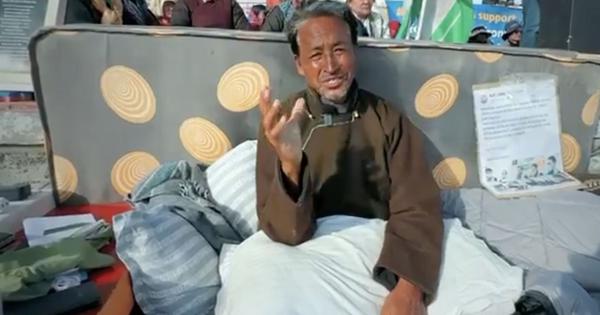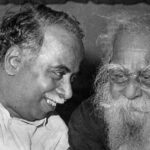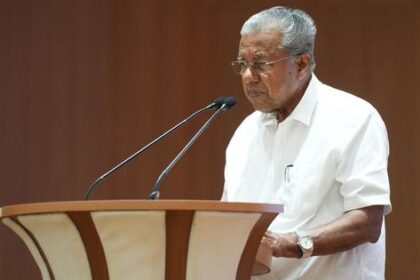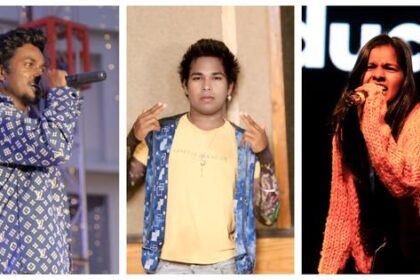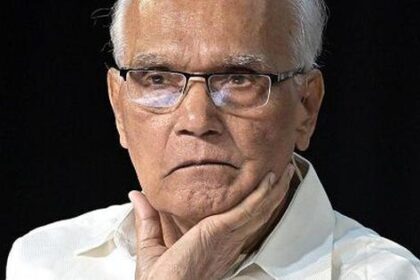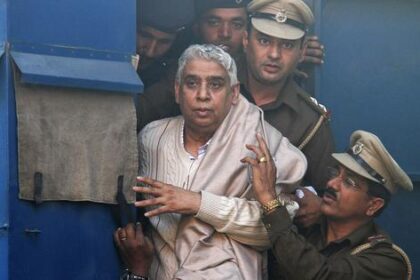Wangchuk claims government is using him as a scapegoat for recent protests in Leh.
The Union home ministry has revoked the Foreign Contribution Regulation Act (FCRA) license of Sonam Wangchuk’s non-governmental organization. This decision was reported on Thursday, just a day after violent clashes in Leh led to the deaths of four individuals and injuries to over 80 others during a protest advocating for statehood for Ladakh and its inclusion in the Sixth Schedule of the Constitution.
The government attributed the unrest to Wangchuk’s “provocative statements.” The FCRA registration is crucial for NGOs to legally receive foreign funds. Two months prior, the Central Bureau of Investigation had begun a preliminary inquiry into alleged breaches of the FCRA by Wangchuk’s organization, the Students Educational and Cultural Movement of Ladakh.
A government order, signed by Deputy Secretary Rajesh Kumar T, indicated that the decision to cancel the FCRA license was based on information provided by the organization itself. The NGO had received a show cause notice on August 20, followed by a letter on September 10, seeking justification for why its FCRA registration should remain intact. Following an evaluation of the NGO’s response dated September 20, the government identified several violations.
The ministry alleged that Wangchuk had improperly deposited Rs 3.5 lakh into the FCRA account for the organization during the 2021-’22 financial year, contrary to Section 17 of the Act, which stipulates that foreign contributions must be deposited in a designated FCRA account at a specific bank branch. The funds are meant to be utilized exclusively for foreign contributions. Wangchuk’s organization countered that the Rs 3.3 lakh deposited was from the sale of an old bus purchased with FCRA funds, but the ministry rejected this explanation. They contended that the amount was received in cash, a violation not adequately disclosed in the NGO’s response.
Additionally, the ministry highlighted another alleged infraction from the 2020-’21 period, where funds collected from volunteers for food and accommodation were mistakenly transferred to the FCRA account instead of a regular account. Furthermore, the ministry claimed that the organization had received Rs 4.9 lakh from foreign donors in breach of Section 12(4) of the Act, which governs eligibility for receiving foreign funding. The NGO argued that the donations were intended for youth awareness programs, yet the ministry asserted that the subjects intended for study related to the “sovereignty of the country,” which contravened the Act’s provisions.
Over 6,600 NGOs have lost their FCRA licenses since 2016-’17, according to government reports presented in Parliament. In recent years, demands for constitutional safeguards in Ladakh have grown, especially since it was designated a Union Territory in 2019. The protests in Leh escalated as demonstrators clashed with police, resulting in property damage and subsequent detentions, prompting authorities to impose a curfew in the region.
In response to the government’s accusations of inciting violence, Wangchuk characterized the ministry’s actions as a “scapegoat tactic.” He warned that his imprisonment could exacerbate existing tensions for the government. Wangchuk has been a prominent advocate for constitutional protections for Ladakh, recently ending a 35-day hunger strike aimed at garnering support for these demands.

